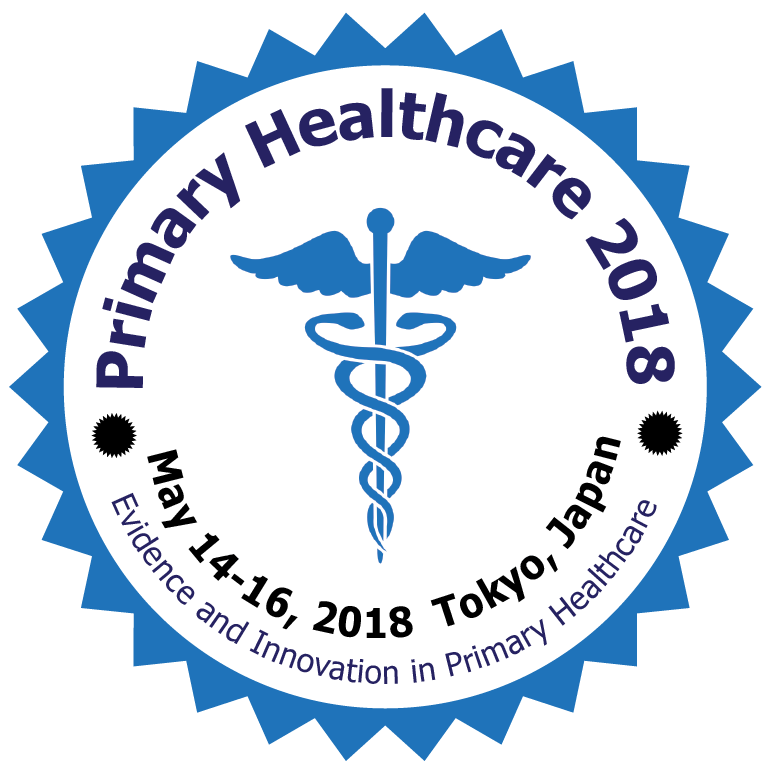Yau Kit Yee
Tung Wah College, Hong Kong
Title: A brief education to promote herpes zoster vaccination uptake among Hong Kong citizens aged 50 years or above
Biography
Biography: Yau Kit Yee
Abstract
Background: Herpes Zoster (HZ) is the reactivation of the latent varicella zoster virus that causes chickenpox. It is estimated that one out of three people will develop HZ in a lifetime. Research showed that people who aged 50 or above have a higher chance of developing HZ. HZ vaccine is proved to effectively reduce the prevalence of HZ infection and postherpetic pain. Although HZ vaccine has been approved for use in Hong Kong since 2007, the promotion from the government is scarce and public awareness of the availability of HZ vaccine is low. Hence, there is a need to raise the public awareness towards the prevention of HZ through vaccination.
Objective: The aim of this study was to explore the determining factors for vaccination among adults aged 50 or above and to increase their knowledge and awareness towards HZ and HZ vaccination. The ultimate outcome is to increase the vaccine update rate and thus reduce the morbidity and mortality of HZ in Hong Kong.
Methodology: This is a quantitative observational study and participants who aged 50 years or above will be recruited by convenience sampling at the public areas in Hong Kong. Participants are required to complete the baseline questionnaire, then given an educational leaflet to read. They will further receive telephone follow-up at one-week post intervention and their knowledge level and intention to vaccinate at baseline and after intervention will be compared.
Result: A total of 148 Hong Kong citizens aged 50 years or above were recruited. The number of correct responses regarding knowledge about HZ was significantly increased after brief educational intervention, with pre-test score (M=7.06, SD=3.916) and post-test score (M=13.44, SD=2.881); t(147)=19.665, p<0.001. Participants’ intention to receive HZ vaccine also increased after education, t(138)=7.859, p<0.001.
Conclusion: With the limited research and promotion campaigns related to HZ and HZ vaccine were done in Hong Kong, the brief education intervention used in this study if proved to be effective can be largely implemented across the territory to promote public health in the future.

